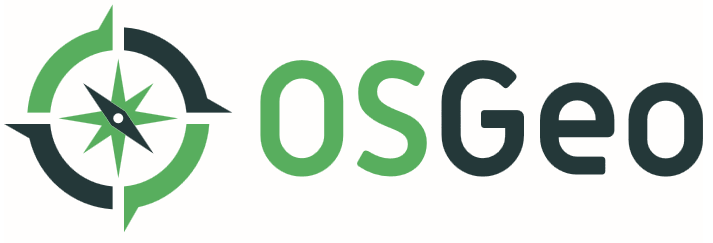Google Summer of Code 2022
Welcome to the OSGeo Google Summer of Code 2022 page
- If you are a student, please visit our Google Summer of Code 2022 Ideas and our Google Summer of Code Recommendations for Students pages
- If you are a mentor you should go to our Google Summer of Code 2022 Administrative page.
New Modifications with GSoC 2021
- Smaller project size - All students participating in the 2021 program will be working on ~175 hour project (instead of 350 hr project).
- 2 evaluations (instead of 3) - There will be an evaluation after 5 weeks and the final evaluation will take place after the 10th week. Also, the students are no longer required to complete their first evaluation (though we encourage them to do so), so if a student doesn’t complete the first evaluation they will not automatically be removed from the program. They are still required to complete the final evaluation.
- Eligibility requirements - In 2020 there are many ways students are learning and we want to acknowledge that the students who are 18 years old AND currently enrolled (or accepted into) a post-secondary academic program as of May 17, 2021 or have graduated from a post-secondary academic program between December 1, 2020 and May 17, 2021 are eligible to apply to the GSoC program. Check Eligibility here. This means that now the program will be open to folks participating in a variety of different academic programs, not just accredited university programs. This includes licensed coding camps, community colleges, and many other programs that may not be accredited yet but are post-secondary academic programs.
See also older Google Summer of Code
2021,
2020,
2019,
2018,
2017,
2016,
2015,
2014,
2013,
2012,
2011,
2010,
2009,
2008 and
2007 wiki pages for previous ideas and blogs from the 180+ students we've graduated through the program already.
You can subscribe to the OSGeo Google Summer of Code Mailing List here:

